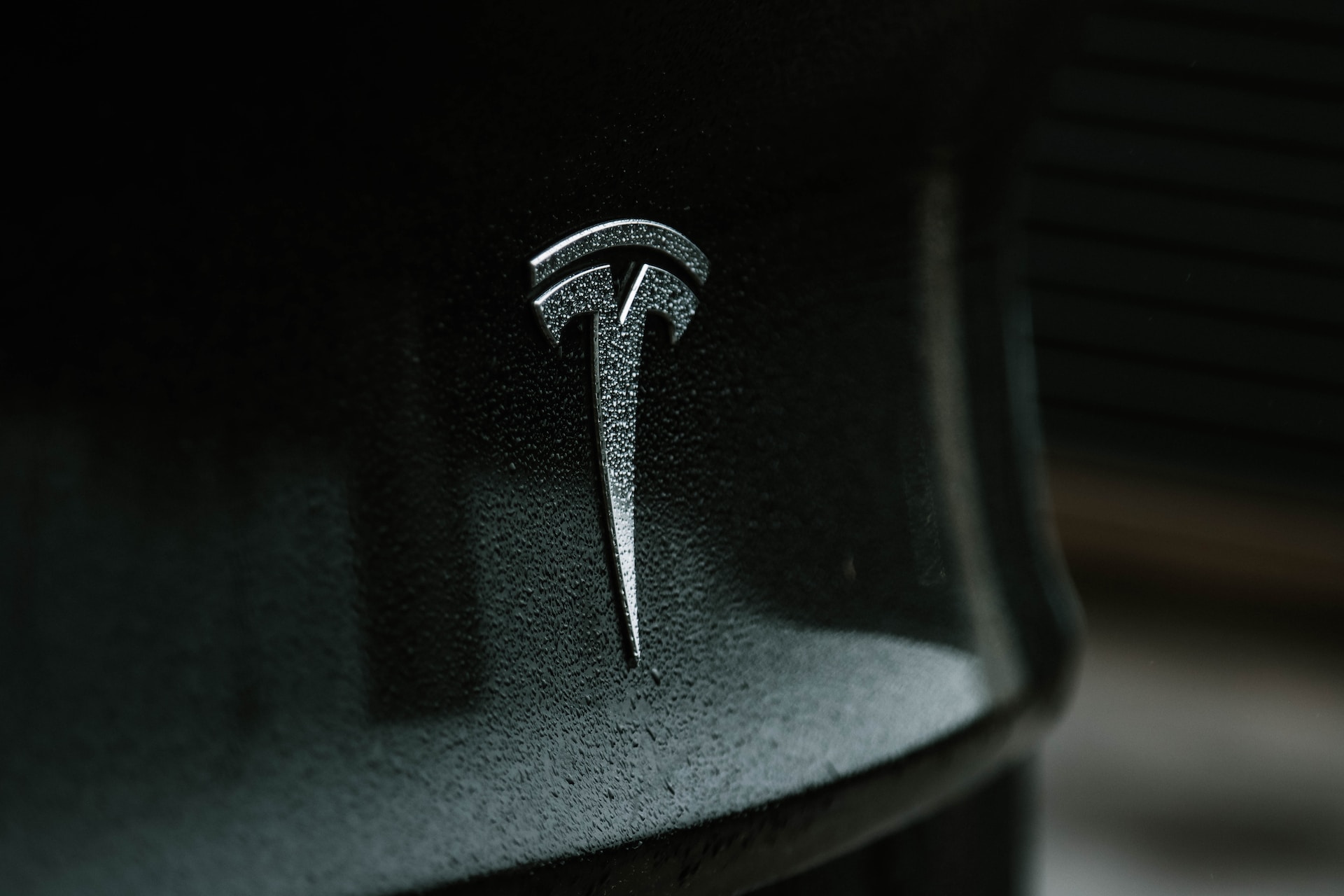Tesla, the electric car manufacturer founded by Elon Musk, has been facing a tough time in recent months. Despite announcing several price cuts, the company has not been able to meet its sales targets. This has raised concerns among investors and industry analysts about the company’s future prospects.
Tesla’s struggles come amid a broader economic slowdown, with several indicators suggesting that the global economy may be heading towards a recession. The ongoing trade war between the US and China, coupled with geopolitical tensions in the Middle East and elsewhere, has added to the uncertainty.
In the first quarter of 2019, Tesla delivered 63,000 vehicles, well below the 76,000 units that analysts had expected. This followed a disappointing fourth quarter of 2018, when the company delivered only 90,700 cars, missing its target of 100,000 units.
The company’s shares have taken a hit as a result of the sales slump, with investors expressing their concerns about the company’s financial position. In late April, Tesla’s stock was trading at around $280, down from a peak of over $380 in late 2018.
The company’s struggles have prompted many to question whether Tesla’s business model is sustainable. Some analysts have suggested that the company’s high production costs and heavy reliance on government subsidies may be contributing to its woes.
However, others point to the long-term potential of the electric vehicle market, which is expected to grow significantly in the coming years as governments around the world look to reduce their reliance on fossil fuels. Tesla, as one of the leading players in this market, is well positioned to benefit from this trend.
In an effort to boost sales, Tesla announced in March that it was cutting the prices of its Model S, Model X, and Model 3 vehicles by around 5%. This followed a similar move in January, when the company reduced prices by up to $2,000 per vehicle.
Despite these price cuts, however, Tesla’s sales have continued to disappoint. The company’s struggles have been compounded by reports of quality issues with some of its vehicles, including issues with the Model 3’s paint and other defects.
In response, Tesla has been working to address these concerns, with CEO Elon Musk pledging to personally review all customer complaints related to vehicle quality. The company has also been working to improve its production processes, with Musk saying that the company is aiming to produce 500,000 vehicles per year by the end of 2019.
However, some analysts remain skeptical of Tesla’s ability to meet these ambitious targets. The company has a history of missing production goals, and its financial position remains precarious. Tesla has a substantial amount of debt, and has been burning through cash as it invests heavily in new technologies and production facilities.
Despite these challenges, Tesla’s supporters remain optimistic about the company’s long-term prospects. They argue that the company’s innovative technology and strong brand recognition will help it to weather the current storm and emerge as a leader in the electric vehicle market.
However, the current economic climate, coupled with concerns about the company’s financial position and production capabilities, mean that Tesla’s future remains uncertain. Only time will tell whether the company can overcome these challenges and establish itself as a key player in the rapidly evolving automotive industry.











